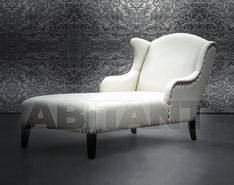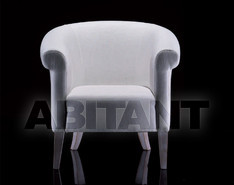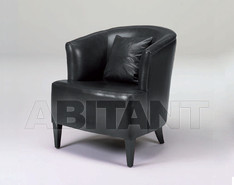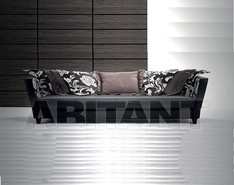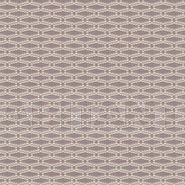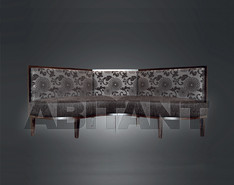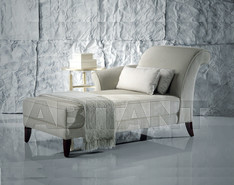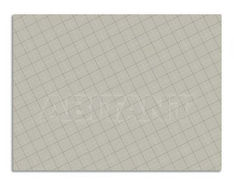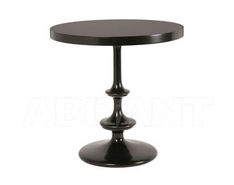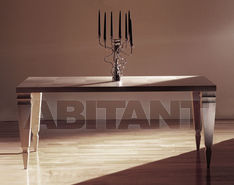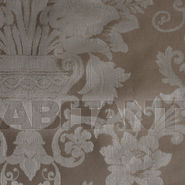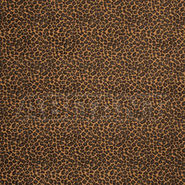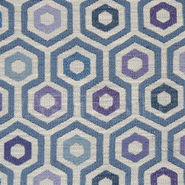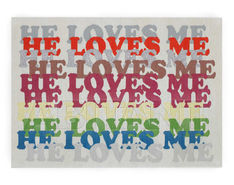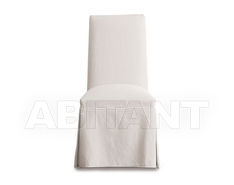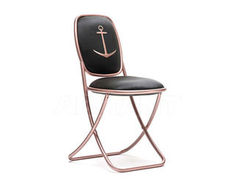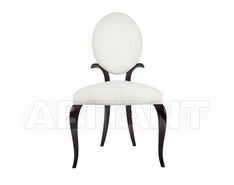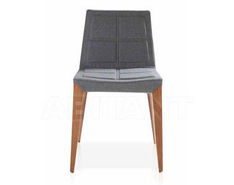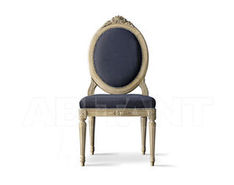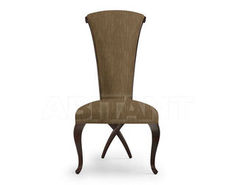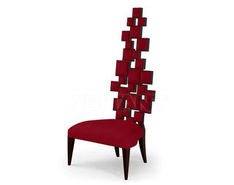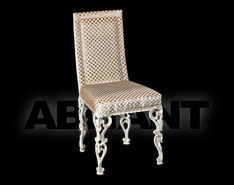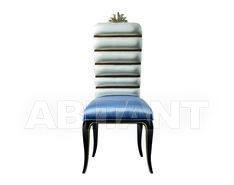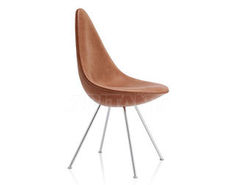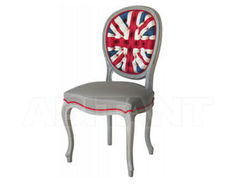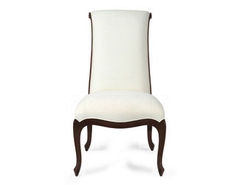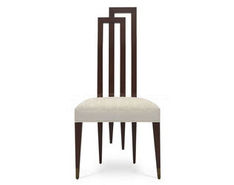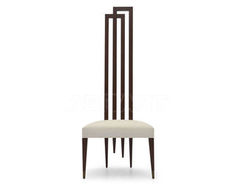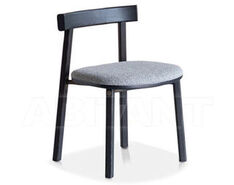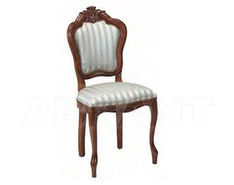Chair Architema Daisy MOMA/S
product code: 237577
Price level
Standard
Price depends on
configuration and the volume
of your order
configuration and the volume
of your order
Price
on request
on request
15
Estimated delivery time
- 8.5 weeks
- translation missing: en.admin.transport_direction.show.from 2 translation missing: en.admin.transport_direction.show.to 2.5 weeks
- 1 week
Sizes
51 cm
53 cm
81 cm
Product Specifications
| Materials | Wood |
|---|---|
| Shape | Rectangular, Irregular |
| Upholstery | Fabric |
| Type of sitting | Soft |
| Avaliability of legs | Yes |
| Legs shape | Straight |
| Avaliability of back | Yes |
| Back shape | Straight |
| Back type | Soft |
| Dimension with package | 0.25 m3 |
matching this productClick to select a particular type of product
| Functional Purpose | For Living Room |
|---|
Product colour
Gray
Black
Style
Contemporary / Modern
The contemporary style in a flat is, first and foremost, about compact forms and simple geometry. Modern people are tired of supersaturated decor and complex forms. Modern fashion favours moderate asceticism, cozy family home, introspection, creation of a family's inner world - reliable, calm, peaceful. The pertinence of contemporary style lies in its functionality and coetaneous unpredictability. Nowadays everyone is free to choose their own lifestyle. Each person's creativity and uniqueness determines the inventivess of their home interior.
Classical / Historical
The term "classic" originates from the 17th century, when the art as a whole was focused on Antiquity. The Classical style spread between the palace-type buildings where the higher stratum - the nobility - lived. Those were the interiors of breathtaking splendour: high ceilings supported by Antique-styled pillars, spacious rooms adorned by expensive, high-quality furniture made specifically from all the best natural materials craftsmen could find. Pomposity and lusciousness did not spoil the comfort - it even complemented it.
Art Deco / Art Nouveau
Art Deco is a relatively young style that emerged at the beginning of the 20th century. It owes its existence to France and the French, and it used to represent the combination of modern and neoclassical styles in architecture, fashion and art. Then, in the 1970s, the term "Art Deco" was extended to also mean a style of interior design. This style's characteristic feature is the seemingly impossible fusion of classical straight lines and strict forms with the asymmetry of luxury and splendour. Art Deco interior design implies an abundance of expensive, exotic materials, plenty of curved lines, mythical paintings and tapestries of dragons and peacocks. Art Deco is considered to be the most original style of interior design, it leans toward ostentatious luxury and splendour and absolutely does not tolerate asceticism or minimalism. When decorating in this style, designers often use inclusive fountains, podiums, forged lattice, exotic fans, marble decorations and stained glass. Art Deco furniture also has to be unique in appearance and very rich - created using light wood, genuine leather, chromium-plating.
Other chairs




